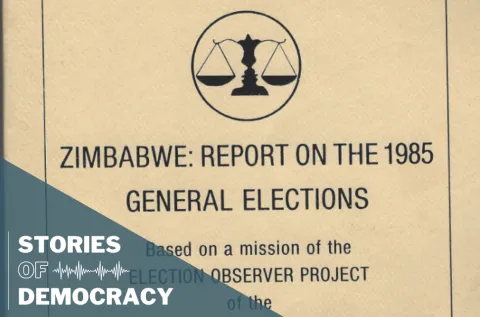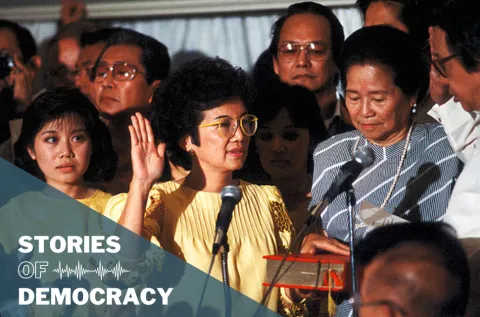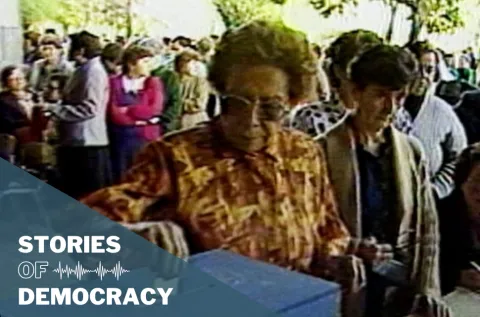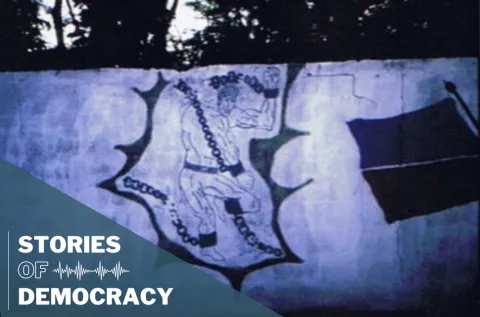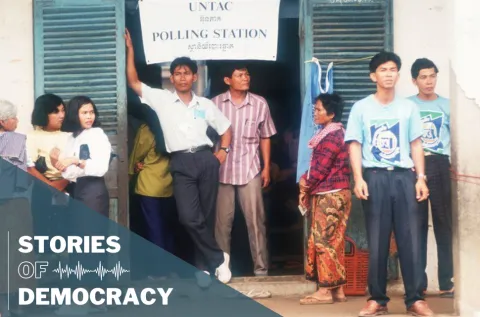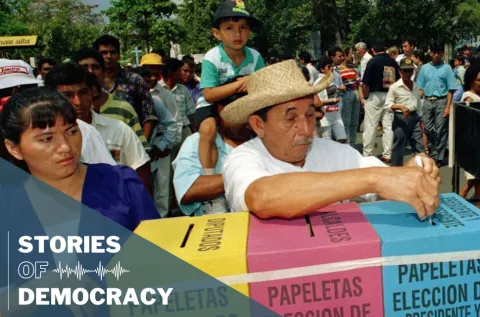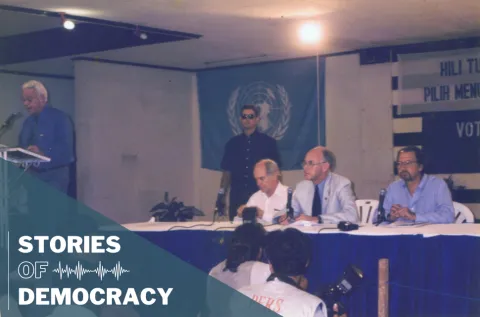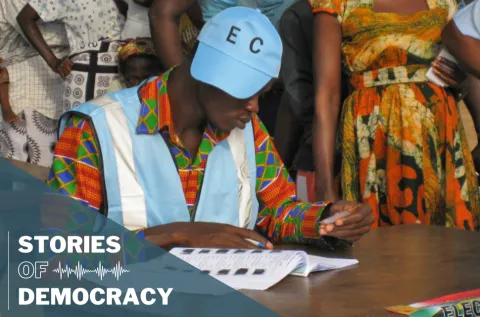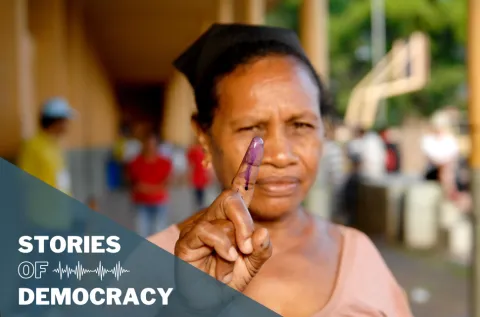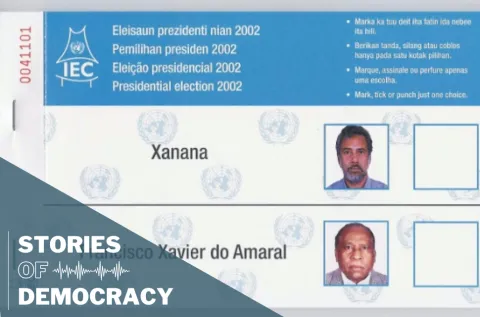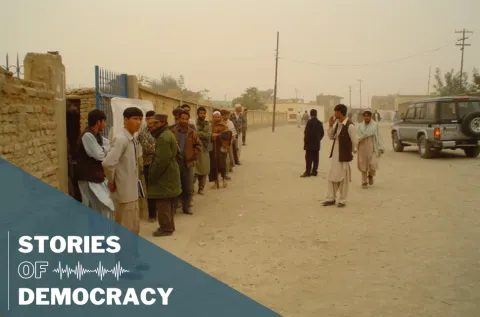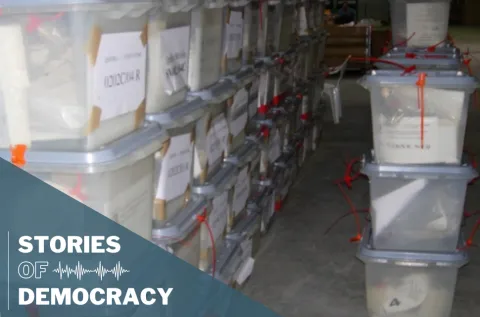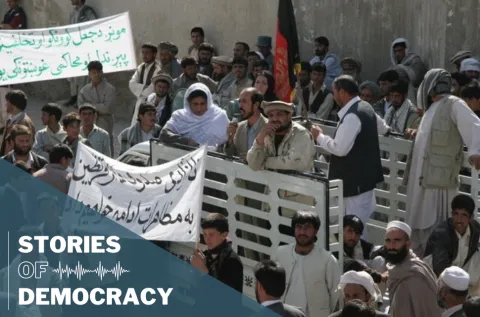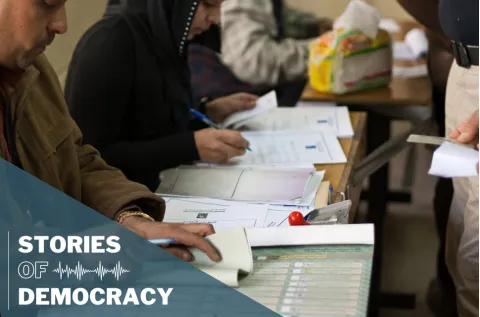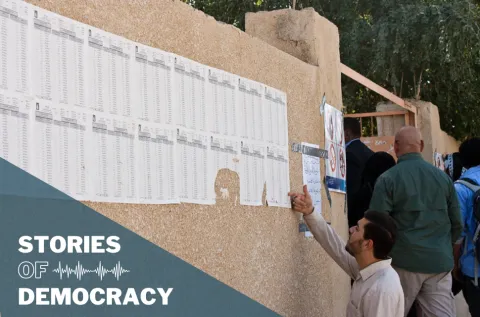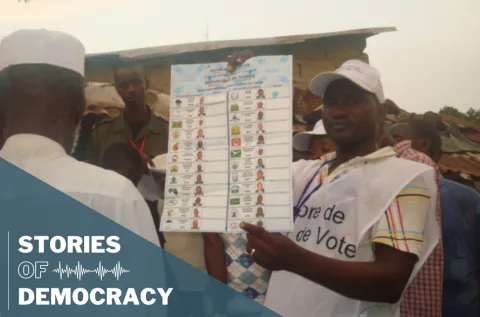Albania - 1996 - Parliamentary Election

In May 1996, Albania was heading to its third parliamentary elections since the end of communist rule in 1990. The pro-European Democratic Party (DP), led by Sali Berisha, had in 1992 won against Fatos Nano’s Socialist Party (PS), the successor to the communist Labor Party of Albania. However, once in power, the DP displayed authoritarian tendencies, with efforts to suppress independent voices in the judiciary, media, and among opposition politicians. The party also enacted electoral changes that reduced the number of seats elected through proportional representation in the mixed-member proportional system and set up a parallel voting system that favored the largest party, expected to benefit the DP
During the first round of the 1996 elections, widespread ballot tampering, voter intimidation, and other violations were reported. Instances of severe police violence and attacks against voters and candidates were also documented. Declaring the elections illegitimate, three main opposition parties, including the PS, withdrew from the race before polls closed and refused to participate in the second round. The official results showed the DP winning a landslide majority with 122 out of 140 seats, securing 55.53% of the vote. However, months of domestic unrest and international pressure following the disputed elections forced the government to hold new parliamentary elections in 1997, in which the PS decisively defeated the DP.
In this recording, Kåre Vollan discusses his experience as a representative of the Norwegian Helsinki Committee, which was part of the Office of Democratic Institutions and Human Rights (ODIHR) observation mission in Albania. ODIHR operated under the Organization for Security and Co-operation in Europe (OSCE), based in Vienna. Vollan explains that although ODIHR attempted to release a critical report on the election, diplomatic pressure from Europe—favoring the DP for its pro-European and anti-communist stance—delayed their efforts. In response, Vollan’s organization and others broke precedent by publishing their own critical report, making it harder for the OSCE to dilute ODIHR’s findings. This move led to personal attacks from monitors sympathetic to the DP. Ultimately, ODIHR’s report was critical of the 1996 elections and contributed to the international pressure that led to the 1997 elections.
A video of the interview can be found here.


